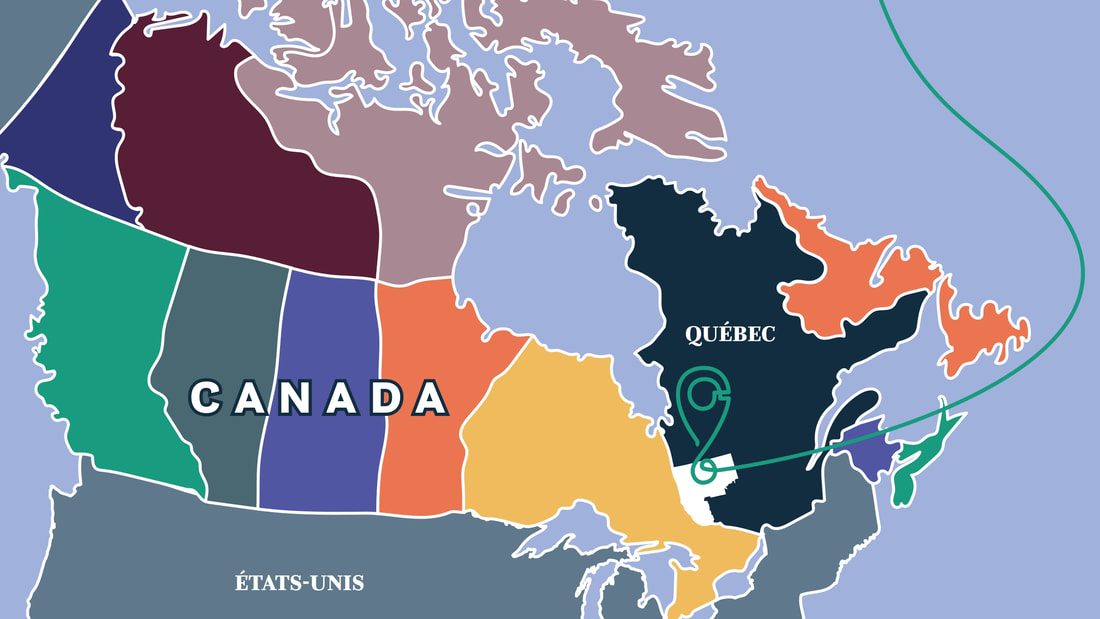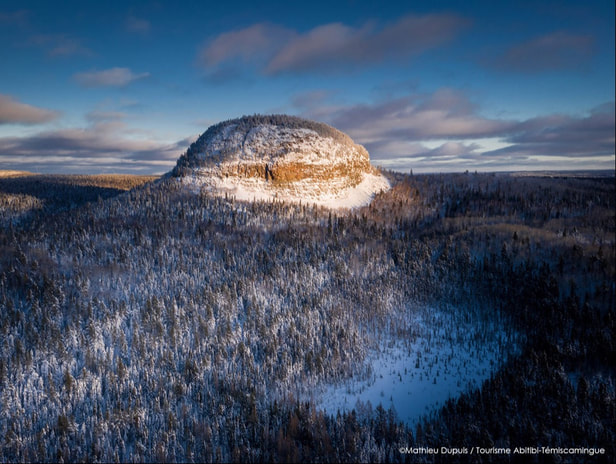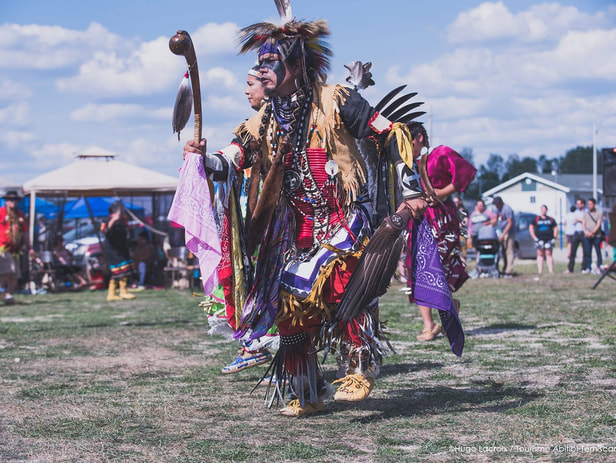Abitibi-Témiscamingue, QUEBEC, CANADA
|
Destination Statistics
Residents: 147,000 in a 65,000km2 Territory Municipalities: 65 Anishinabe Communities: 7 Regional Tourism Establishments: 640 (2019) Visitors International and Domestic: 713,000 (2017) |
Abitibi-Témiscamingue is a region located west of Quebec, in Canada, with a surface area of 65,000 km2 of territory, spread out between the 47th and 49th parallel, with nearly 148,000 inhabitants. It comprises five regional county municipalities (RCM), including some medium-sized towns and some rural communities. There are 65 municipalities in all, some of which are very small and isolated in the territory, making up more than a third of the region's population.
The history of Abitibi-Témiscamingue is intimately linked to the exploitation of the area's natural resources. The region emerged in the 18th century with the discovery of rich agricultural and mineral land. However, there is evidence of Algonquin's presence in Témiscamingue for more than 8,000 years. Their heritage is still very much alive in their seven communities. Their contribution to the region's growth is very significant. While the northern part of the region is famous for its excellent mineral potential and thick boreal forest, the southern part has earned recognition for its fertile soil and mixed stands. From north to south, the variety of wildlife, flora and topographical features confers the region its uniqueness. Since the beginning of 2000, Abitibi-Témiscamingue has seen a period of cultural effervescence, and Tourisme Abitibi-Témiscamingue (TAT) benefitted from this to launch Culturat. Culturat is a far-ranging region-wide mobilization project that aims to turn Abitibi-Témiscamingue into an attractive, welcoming place by using the region's culture as a source of communal pride and an impetus for action. Since Culturat, inhabitants, businesses, institutions and regional organizations are working together to enhance well-being and sustainable development through culture and arts. Visit our website for more information about Abitibi-Témiscamingue. |







